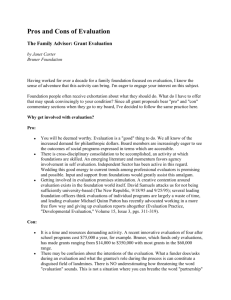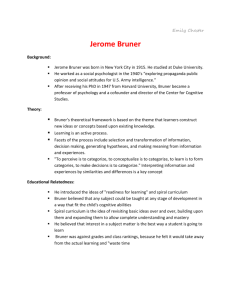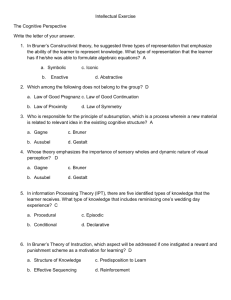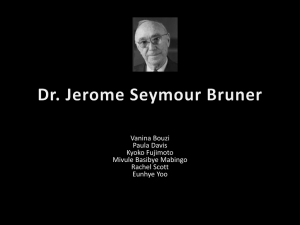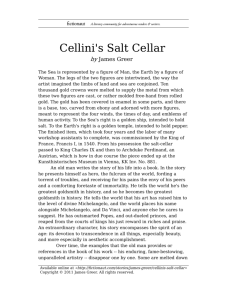Millions invested with company tied to GOP powerbroker
advertisement
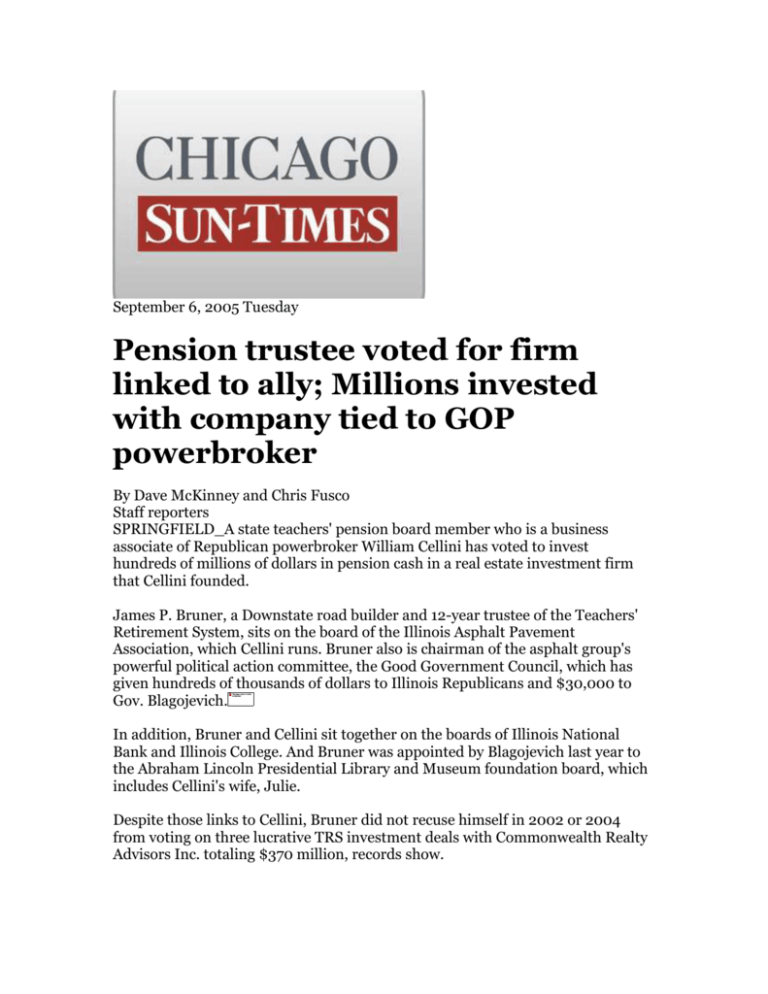
September 6, 2005 Tuesday Pension trustee voted for firm linked to ally; Millions invested with company tied to GOP powerbroker By Dave McKinney and Chris Fusco Staff reporters SPRINGFIELD_A state teachers' pension board member who is a business associate of Republican powerbroker William Cellini has voted to invest hundreds of millions of dollars in pension cash in a real estate investment firm that Cellini founded. James P. Bruner, a Downstate road builder and 12-year trustee of the Teachers' Retirement System, sits on the board of the Illinois Asphalt Pavement Association, which Cellini runs. Bruner also is chairman of the asphalt group's powerful political action committee, the Good Government Council, which has given hundreds of thousands of dollars to Illinois Republicans and $30,000 to Gov. Blagojevich. In addition, Bruner and Cellini sit together on the boards of Illinois National Bank and Illinois College. And Bruner was appointed by Blagojevich last year to the Abraham Lincoln Presidential Library and Museum foundation board, which includes Cellini's wife, Julie. Despite those links to Cellini, Bruner did not recuse himself in 2002 or 2004 from voting on three lucrative TRS investment deals with Commonwealth Realty Advisors Inc. totaling $370 million, records show. That's about one-third of the more than $1 billion that the 11-member TRS board has entrusted Commonwealth with investing on behalf of 330,000 suburban and Downstate educators. Bruner's votes are triggering conflict-of-interest questions from government watchdogs -- especially in light of recent disclosures that Commonwealth, now controlled by Cellini's children, is among several investment firms named on a federal subpoena to TRS. The U.S. attorney's office has indicted three people, including former TRS board member Stuart Levine, as part of an ongoing probe involving fees paid to investment consultants. Could be perfectly legal Neither Bruner nor Commonwealth has been accused of any wrongdoing, and there's no evidence to suggest that Bruner used his position on the TRS board to steer investments Commonwealth's way. Still, "It's hard to believe that Bruner is completely in the dark about the Cellinis having an interest of some sort in Commonwealth," said Jay Stewart, executive director of the Better Government Association. "When a friend could benefit from a deal you're about to vote on . . . maybe recusal is not the worst thing in the world." Bruner did not return a message left at his Springfield road-paving company. Cellini did not return phone calls placed at the asphalt pavers association. The head of the teachers' pension system said state law did not require Bruner to divulge his ties to Cellini or to avoid voting on Commonwealth. TRS executive director Jon Bauman further said Bruner had recused himself on previous TRS votes involving banks with which Bruner was affiliated. "He has been very upfront where he perceived a business conflict and recused himself," Bauman said, referring to the bank-related votes. Commonwealth has drawn criticism largely because of Cellini's failure to repay a state loan that he and other investors used to build an unprofitable Springfield hotel in the 1980s. A partner in Bruner's business, United Midwest Contractors, was among the hotel investors. Helps people get state jobs For decades, Cellini has been one of state government's most powerful insiders. His firms have been hired by the state to construct government offices, lease them back to the state and, in some cases, manage state office buildings. His Argosy Gaming landed one of Illinois' first casino licenses. It has since merged with another gaming company. Cellini also has had a hand in placing people in state government posts, including helping former Gov. Jim Edgar vet cabinet directors. Bruner was an Edgar TRS appointee in 1993, though it was unclear whether Cellini played a role in his getting the post. Topinka turnaround Questions over Bruner's votes for Commonwealth come after state Treasurer Judy Baar Topinka faced criticism last month for her vote in the spring to invest up to $120 million with Commonwealth from another pension system. That's because, in 1995, Topinka was set to allow the Cellini-led hotel consortium to repay a $15.5 million state loan at a rate equal to only 25 cents on the dollar. That controversial deal was blocked, and now mounting interest has Cellini and his coinvestors holding a $27.5 million IOU to taxpayers. Topinka did not know that Commonwealth had Cellini ties when she allowed her vote with the Board of Investment to be cast, an aide told the Sun-Times last month, and she now favors revoking the Commonwealth deal. The issue could surface when the Board of Investment meets Wednesday. Cellini yielded his 75 percent ownership stake in Commonwealth to two of his children more than a decade ago, but the firm is based in the same suite of Chicago offices where several other Cellini companies are located. Stewart described the state conflict-of-interest laws that have allowed Bruner to vote for Commonwealth as "weak." "I'm hard-pressed to think he didn't put two and two together," Stewart said, referring to Bruner. "These are very sophisticated businessmen. But when it comes to issues like this, they're the most naive people in the world."
